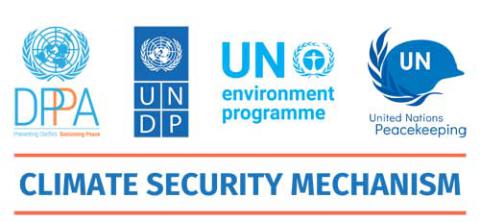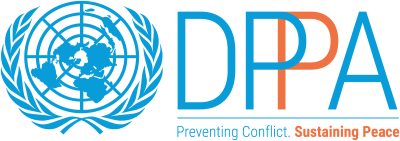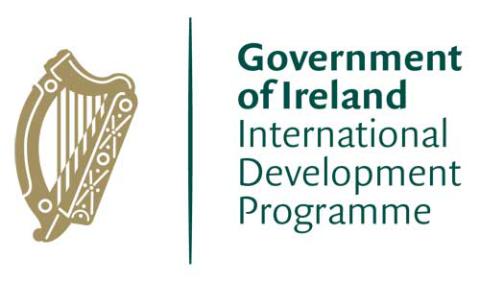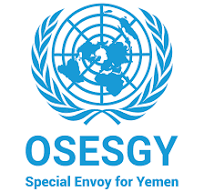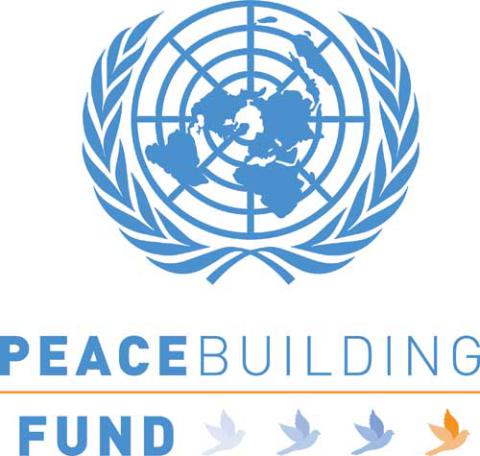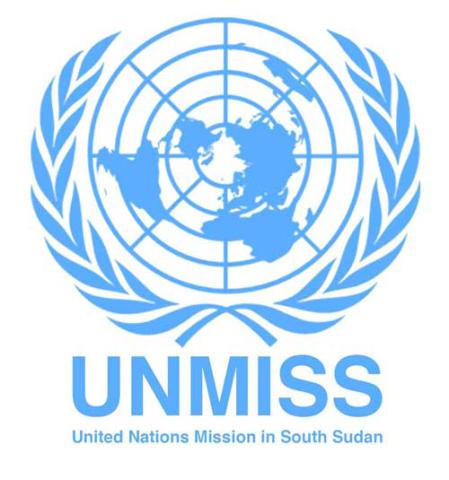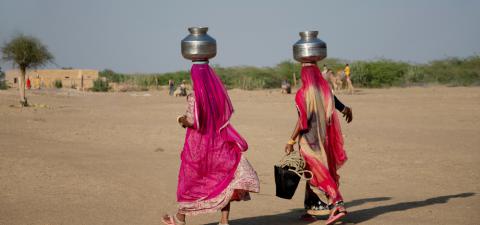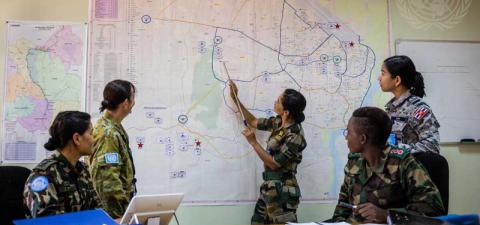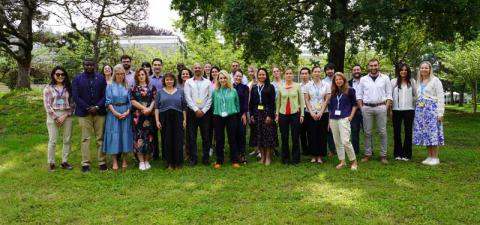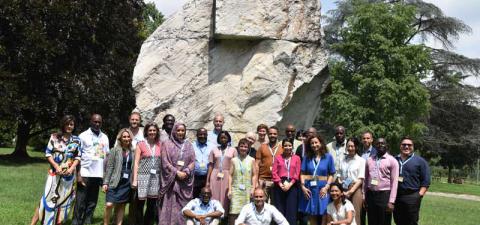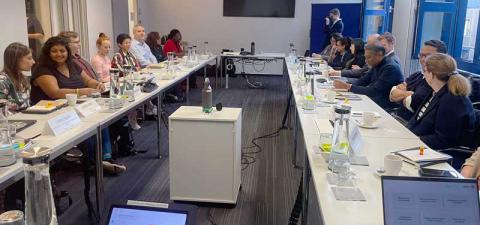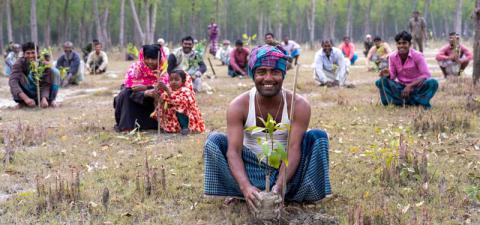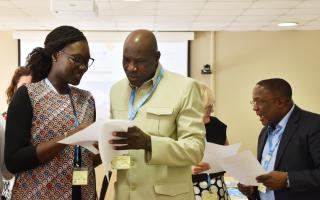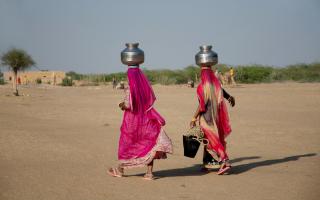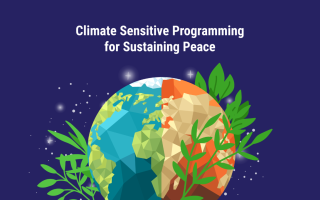
Peace and Security in a Changing Climate
Climate change is recognized as one of the greatest global risks to peace and security in the 21st century. While there is no direct causal link between climate change and conflict, there is growing evidence that climate stressors and shocks can compound underlying vulnerabilities and existing grievances, thereby exacerbating tensions and conflict dynamics. The United Nations Secretary-General’s New Agenda for Peace recommends addressing the interlinkages between climate, peace and security in the context of preventing violent conflicts and sustaining peace.
Increased awareness of the impacts of climate change for peace and security in recent years has led to a growing demand for analyses that shed light on the complex linkages between increasing global temperatures and risks of instability, sharing of lessons learned and good practices, and trainings on how to integrate these findings into conflict prevention work.
Since 2020, the Staff College ’s Peace and Security Hub has been listening to UN colleagues around the world and responding to their knowledge and capacity needs through a diversified and tailored learning offer, which includes
- courses on climate risks analysis and the impact on peace and security;
- trainings on climate peace and security programming for peacebuilding; and
- strategy building workshops for organizations seeking to mainstream climate, peace and security considerations into their workplans.
In collaboration with an extensive network of partners emanating from the UN, research and academia, government, and beyond, UNSSC has trained hundreds of UN staff from the UN Secretariat, Agencies, Funds and Programme, Special Political Missions and Peacekeeping Operations, in addition to providing numerous learning opportunities through open online events. UNSSC is now recognized as a natural training institutional anchor for the UN system in the area of climate, peace and security.
Through our climate, peace and security portfolio, we strive to achieve the following objectives:
- Increase capacity at local, national and international levels to identify and understand climate impact and related security risks in specific contexts where the UN operates
- Increase awareness of tools, methodologies and resources available within and outside the UN to identify climate-related security risks and take action to prevent, mitigate and manage them
- Increase integration and collaboration across the humanitarian-development-peace nexus
- Promote consideration of the differentiated impacts and opportunities of climate change for men, women, youth and other groups
- Enhance visibility and reach of the Climate Security Mechanism in support of UN efforts on climate, peace and security
- Grow a network of climate, peace and security practitioners to foster exchange of experiences, good practices and learnings
UNSSC’s learning offer on climate, peace and security supports the organization’s wider commitment to climate education for a sustainable and resilient future for all.

